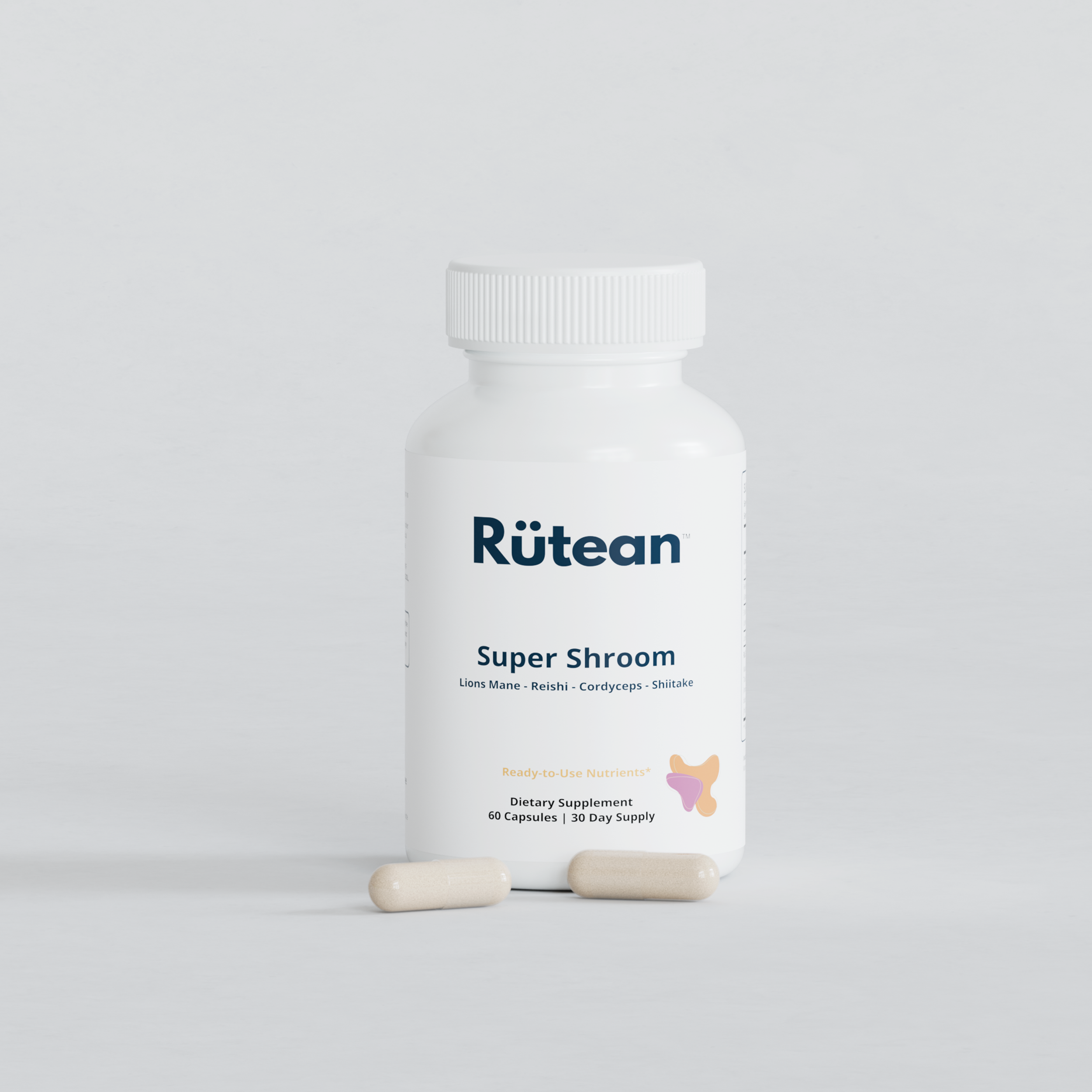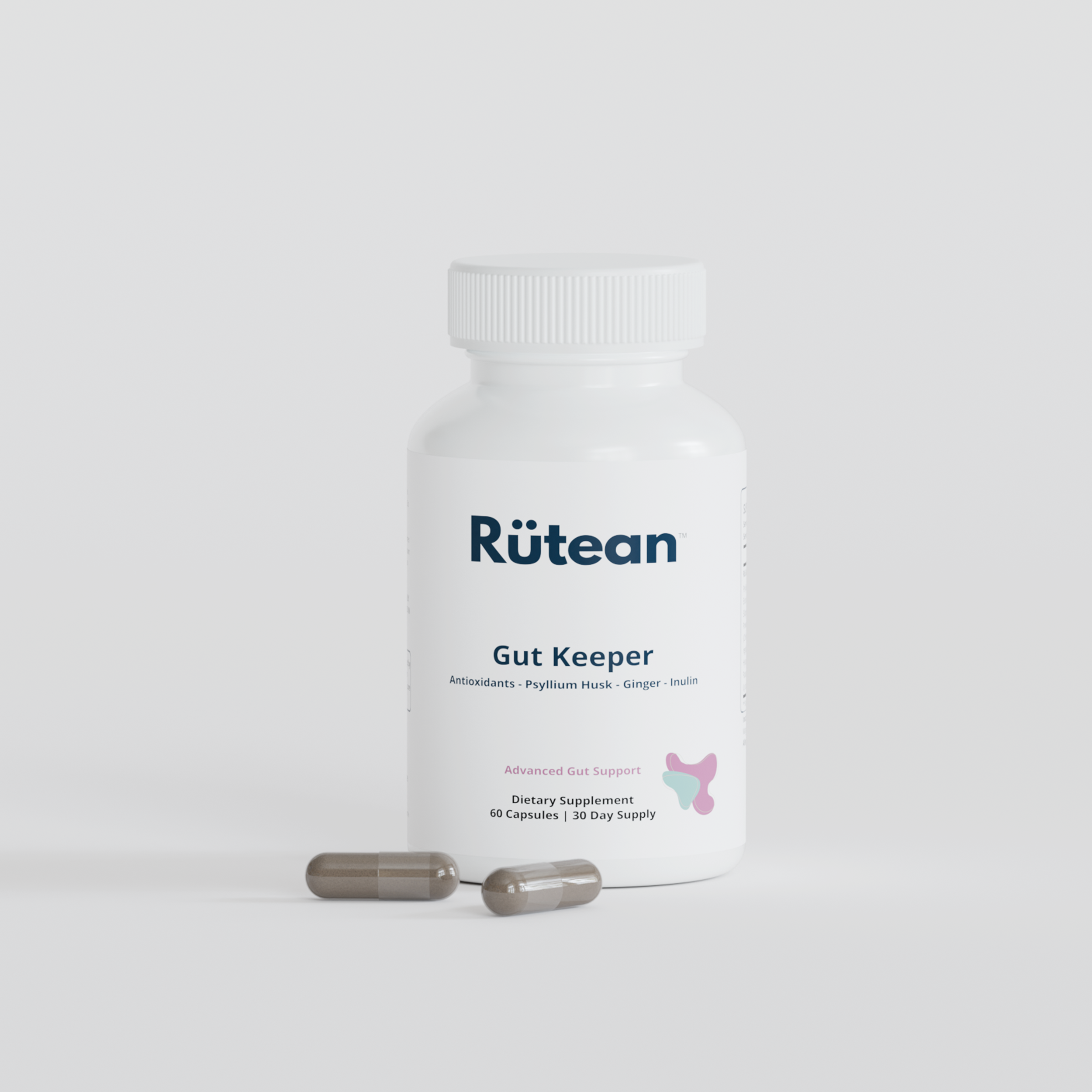Each morning millions of us enjoy a warm, comforting bowl of oatmeal, blissfully unaware of the controversy simmering beneath the surface. In recent years, reports have circulated claiming traces of glyphosate, a common pesticide, in oatmeal and other oat-based products. Are your morning oats really under threat? Let's find out.
What's in Your Bowl?
In 2018, the Environmental Working Group (EWG), a non-profit environmental advocacy group, sent samples from 14 brands of oatmeal, granola, and other oat products for laboratory tests. They were checking for levels of glyphosate, the active ingredient in the widely-used pesticide, Roundup. The results, which showed varying levels of glyphosate in different products, caused quite a stir.
The food companies, however, were quick to assure consumers that their products meet government safety standards, adding another layer of complexity to the conversation. So, how worried should we be?
Glyphosate: Friend or Foe?
Glyphosate has been used commercially in the U.S. since 1974 and is now the most widely used herbicide worldwide. The Environmental Protection Agency (EPA) sets tolerance levels for glyphosate residues on foods, which the tested oat products did not exceed. But the plot thickens. In 2015, the World Health Organization's International Agency for Research on Cancer (IARC) classified glyphosate as "probably carcinogenic to humans" after finding limited evidence of a link to non-Hodgkin's lymphoma, a type of blood cancer. Yet, in 2020, the EPA released an interim decision on glyphosate, concluding it was unlikely to be carcinogenic to humans based on a more extensive review.
Numbers in Perspective
The amounts of glyphosate found in oat products are well below the EPA's tolerable limit of 30 parts per million (ppm) for grains. EWG's test found glyphosate levels ranging from 0 to 2,800 parts per billion (ppb) - considerably lower than the EPA's limit. EWG, however, contends that the EPA's limit isn't low enough, highlighting a critical need for further research and clear, unbiased information for consumers.
Impact on Gut Health
Recent research suggests that glyphosate could disrupt the gut microbiome, negatively impacting our health. This is due to glyphosate's inhibitory effects on certain enzymes involved in the folate process in the gut. A healthy gut is integral to overall health, influencing everything from our mood to our immunity.
What Can You Do?
The benefits of oats - a rich source of fiber, nutrients, and antioxidants - are undeniable. But if you're concerned about pesticide levels, choosing organic oats can significantly lower your exposure. In addition, taking a scientifically formulated gut supplement like our Gut Keeper formula can aid in maintaining a healthy microbiome. From supporting regular bowel movements and overall digestive health, to provide powerful antioxidants and fostering beneficial gut bacteria, our formula helps you taking a positive step towards enhancing your gut health and keep your digestive system in balance.
Conclusion
Our understanding of glyphosate's effects on our health and the environment is still evolving. In the meantime, choosing organic oats and supplementing your diet with gut-healthy foods and supplements can help you safeguard your health.
References
1- Zhang, Yu-Jie, et al. "Impacts of gut bacteria on human health and diseases." International journal of molecular sciences 16.4 (2015): 7493-7519.
2- McRorie, Johnson W., and Nicola M. McKeown. "Understanding the Physics of Functional Fibers in the Gastrointestinal Tract: An Evidence-Based Approach to Resolving Enduring Misconceptions about Insoluble and Soluble Fiber." Journal of the Academy of Nutrition and Dietetics 117.2 (2017): 251-264.
3- Watson, Alastair B., and Yago Gonzalez Lama. "Role of the microbiota in colorectal cancer: updates on microbial associations and therapeutic implications." BioResearch open access 5.1 (2016): 279-288.
4- Koppel, Nitzan, Christopher A. Rekdal, and Emily P. Balskus. "Chemical transformation of xenobiotics by the human gut microbiota." Science 356.6344 (2017).
5- Di Rienzi, Sara C., and Ruth E. Ley. "The human gut microbiome." In The Gut-Brain Axis, pp. 221-236. Academic Press, 2016.
6- Chassaing, Benoit, Omry Koren, Julia K. Goodrich, Angela C. Poole, Shanthi Srinivasan, Ruth E. Ley, and Andrew T. Gewirtz. "Dietary emulsifiers impact the mouse gut microbiota promoting colitis and metabolic syndrome." Nature 519.7541 (2015): 92-96.
7- Zhang, Chenhong, et al. "Structural modulation of gut microbiota in life-long calorie-restricted mice." Nature communications 4 (2013): 2163.
8- Pusceddu, Matteo M., et al. "N-3 Polyunsaturated Fatty Acids (PUFAs) Reverse the Impact of Early-Life Stress on the Gut Microbiota." PLoS One 10.10 (2015): e0139721.
9- Conlon, Michael A., and Anthony R. Bird. "The impact of diet and lifestyle on gut microbiota and human health." Nutrients 7.1 (2015): 17-44.
10- Singh, Rasnik K., et al. "Influence of diet on the gut microbiome and implications for human health." Journal of translational medicine 15.1 (2017): 73.
11- John, G. K., et al. "Dietary Alteration of the Gut Microbiome and Its Impact on Weight and Fat Mass: A Systematic Review and Meta-Analysis." Genes (Basel) 9.3 (2018): 167.
12- Ma, Ning, et al. "Gut microbiota and IBD: causation or correlation?." Nature Reviews Gastroenterology & Hepatology 14.10 (2017): 573.



